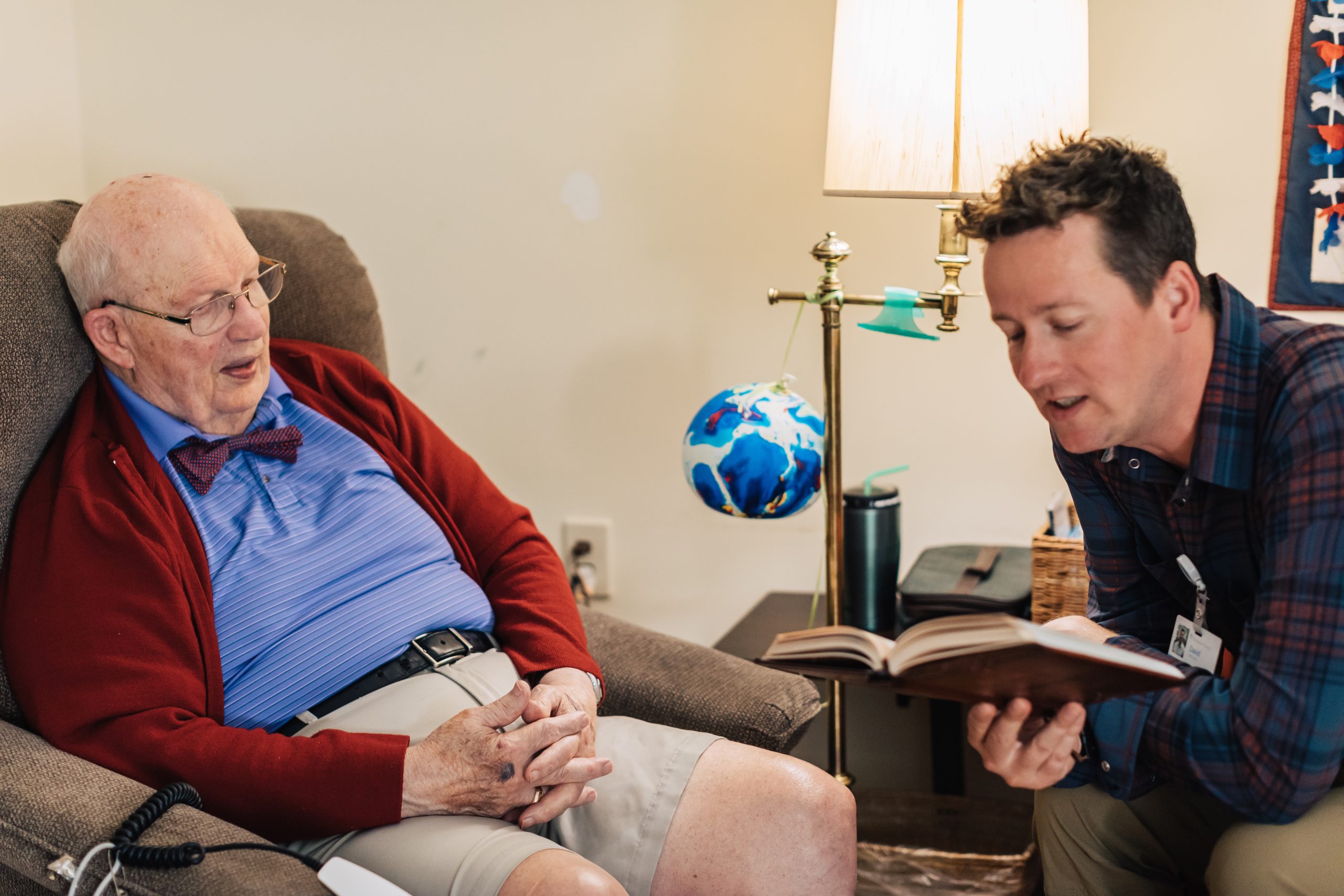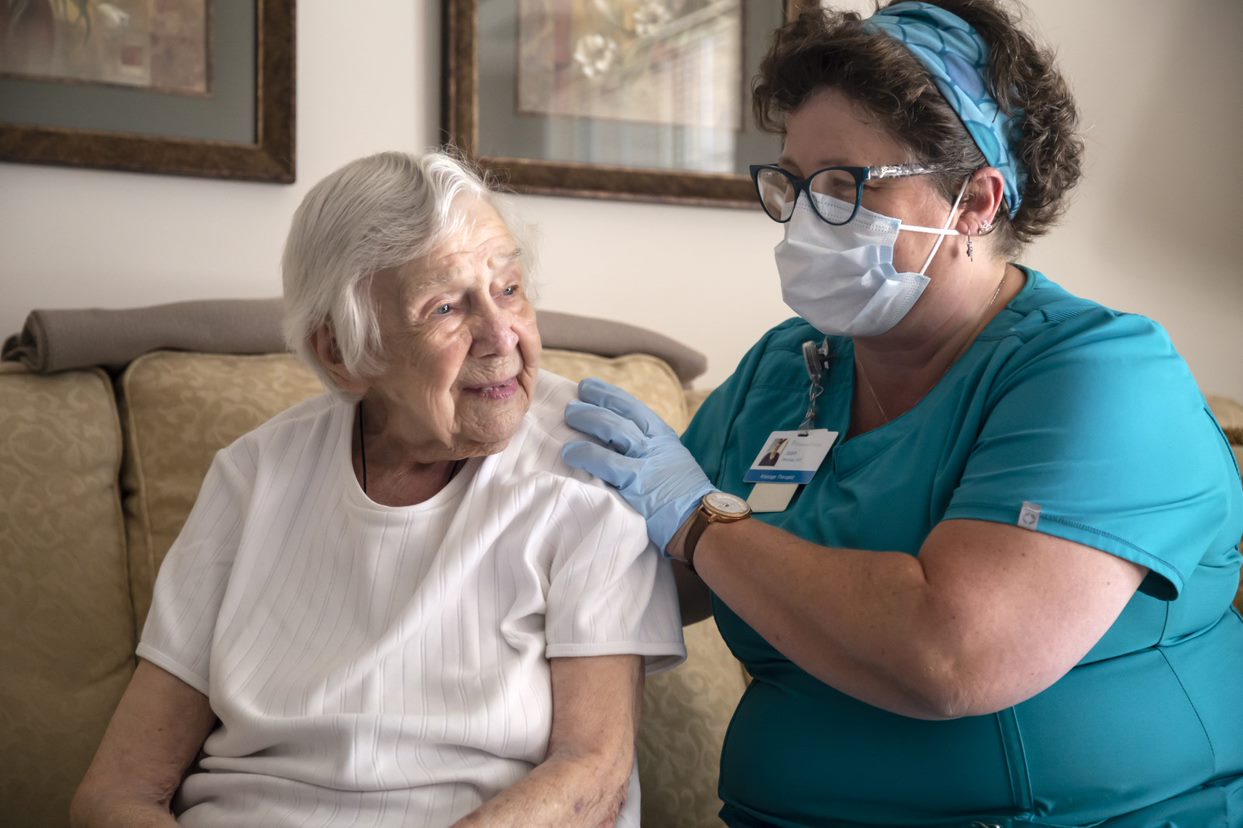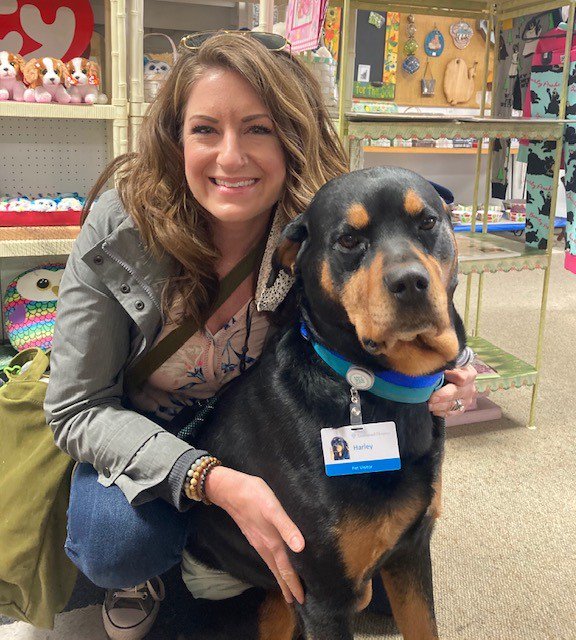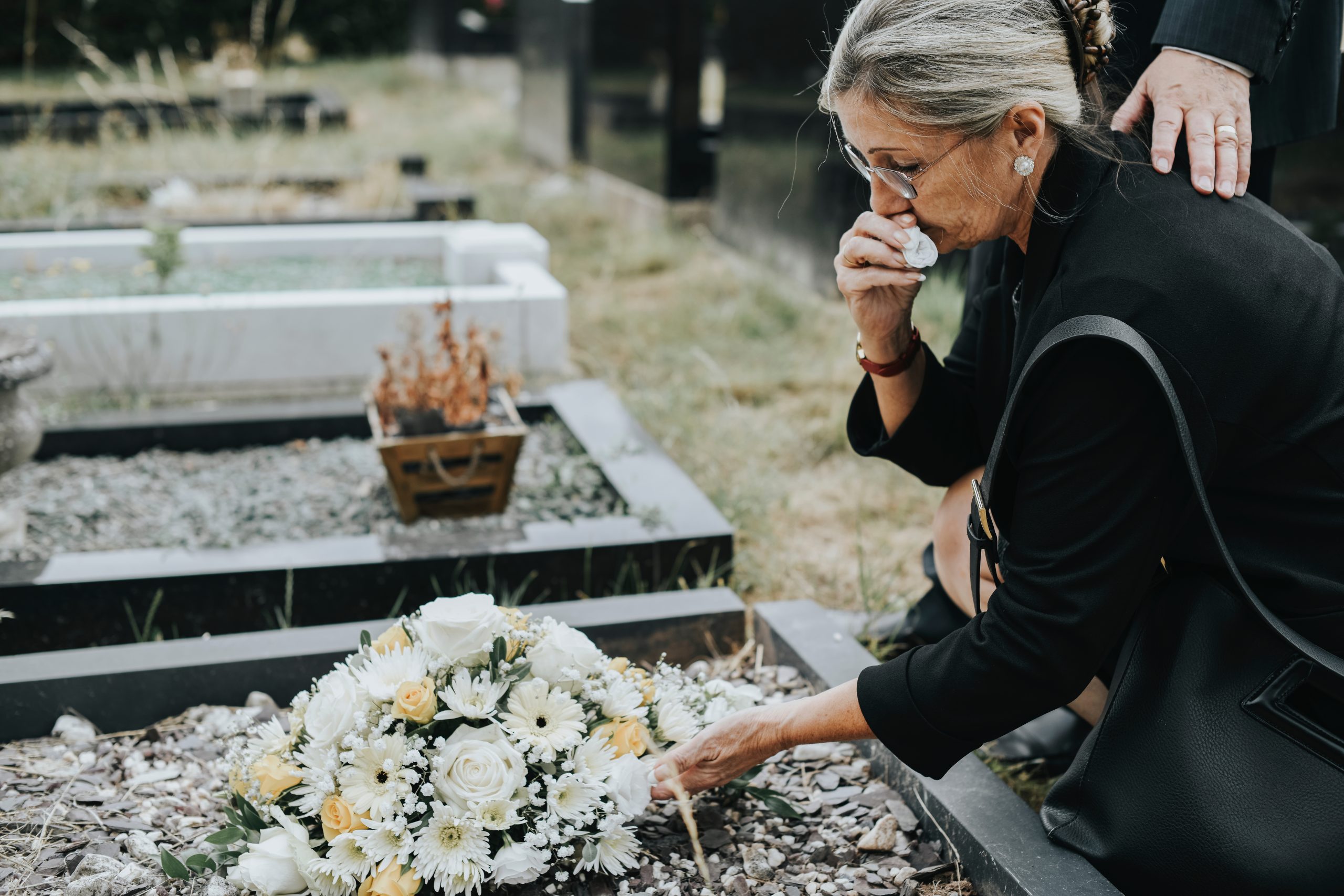To Listen is to Learn is to Nurture the Spirit
By Emmanuel Hospice
There are a lot of ways to define and discuss the ways in which a hospice professional might nurture a patient’s spirit.
For the Rev. Madelyn Thompson, a spiritual caregiver at Emmanuel Hospice, it doesn’t lean much on credentials she might bring to the bedside. Instead, it relies on her ability to listen, learn and be actively present.
“One of my favorite spiritual influences,” says Thompson, “is Henri Nouwen, who said, ‘The friend who can be silent with us in a moment of despair or confusion, who can stay with us in an hour of grief and bereavement, who can tolerate not knowing…not healing, not curing…that is a friend who cares.’
“Generally speaking, being spiritual is being in a relationship – with yourself, with other people, with nature, with your pets, with creation,” Thompson says. “What I’ve discovered is that patients can be most distressed at life’s end with regrets or unforgiveness, wishing they’ve done something differently. I might not be able to fix things, but maybe I can help them be at peace with themselves. That’s nurturing the spirit.”
Although Thompson has an advanced degree and plenty of experience, she prefers to focus on how she’s still observing and absorbing.
“I don’t have a plan when I walk through a door,” she acknowledges. “I have to rely on something other-worldly, something other than myself.”
Over the course of some 20 years working in hospice care, Thompson has become increasingly aware of how the spirit is much more powerful than any words she might bring to a patient and their family.
She’s also been struck by how an awkward moment can be placated in the most beautiful and bittersweet ways. Many years ago, flustered at not being able to reconcile all the people in a room paying their final respects to a dying woman, a 5-year-old great-grandson burst in, flung himself on the patient’s bed and said, “I will love you forever, grandma,” then kissed her and disappeared.
“The whole countenance of the room started to change,” says Thompson, who believes that moment – and so many others she’s witnessed – was rendered by the divine.
She’s quick to admit how “that’s not always the lovely case,” but more times than not, if you’re patient, “some redemption can occur.”
Thompson has worked for other hospices, and emphasizes,“Every hospice shares some components, but you can tell which ones go above and beyond, who extend complementary therapies, who continue to offer a hand and an ear to loved ones even weeks and months after a loved one has passed.”
She says the best hospices attend to the whole person, including their spirituality. “And that involves listening to their life story, to their experiences, allowing them to guide us into how we can help them, rather than walking in and saying, ‘I know how to help you.’”
As an interfaith organization, Emmanuel Hospice meets the spiritual needs of all individuals, guiding patients and their loved ones in finding solace and strength through a peaceful life transition.
Over the years, Thompson says she’s discovered “we all express ourselves and our spirituality in different, creative ways.”
She notes the more she exposes herself to opportunities for more learning, the better she’ll be prepared to nurture that spiritual side.
“I like to assume we’re all interconnected and interested in one another’s stories,” she says. “I find solace in building on that base of love and understanding.”
For more information, visit EmmanuelHospice.org/holistic-care.




